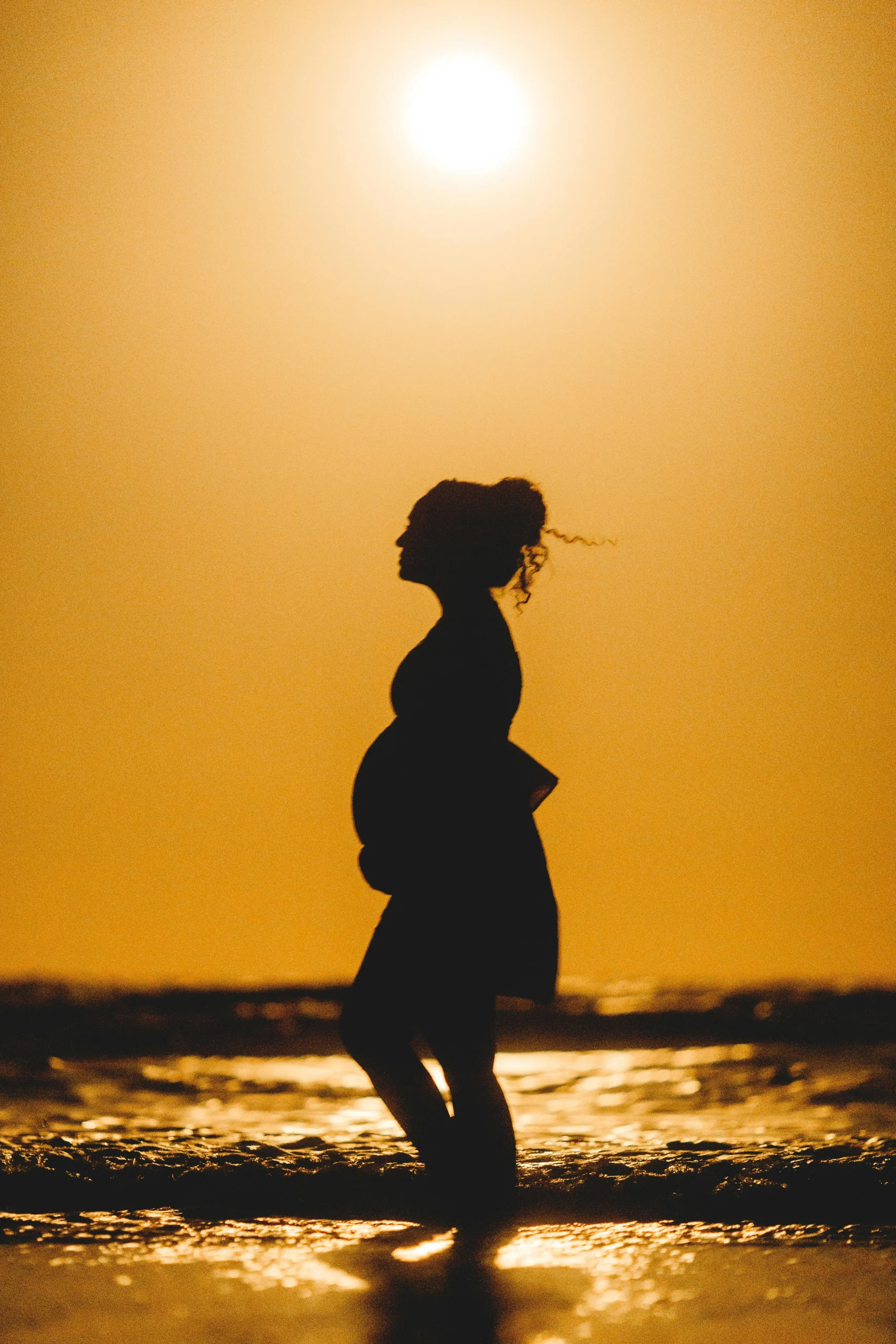At the age of 26, I experienced a miscarriage that could have been interpreted as a sign from a higher power. The grief I felt was profound; I believed that the child I lost would have transformed my life for the better. However, rather than offering support, my partner shamed me for taking too long to mourn.
There was one occasion when his aggression left a physical mark. I was eight months pregnant with our daughter, and after a dinner at my parents’ house, he began to drive recklessly, ranting as I pleaded with him to slow down. In a fit of rage, he grabbed my sleeve, twisting it until I heard the fabric tear. He reached across my belly, threatening to push me out of the car if I didn’t stop crying. I fell silent.
Once we returned home, I removed that maternity shirt, tears streaming down my face, and inspected the damage. I crumpled the torn fabric into a ball and buried it deep in the trash, a silent testament to his abuse.
A month later, our daughter was born, and four years after that, we welcomed a son into what appeared to be a picture-perfect family. Yet, I soon discovered that behind the facade, my partner was unfaithful. I turned into a detective, piecing together evidence of his deceit through credit card statements and various service providers who unwittingly helped me uncover the truth. For the first time in over a decade, I felt empowered.
I remember texting my best friend, the maid of honor at my wedding: “I’ve seen a lawyer and filed for divorce. I can’t talk right now, but we will catch up soon. Love you.” Her response was one of joy, marking a pivotal moment in my life. When I shared the news with my parents, their expressions conveyed relief more than anything else.
The first purchase I made after he left was a new mascara from CVS, a small but significant act of reclaiming my identity. The weight of walking on eggshells began to lift. In retrospect, I see my life with him as a classic case of emotional abuse, akin to a dramatized film.
I often reflect on why it took infidelity to catalyze my departure from an abusive relationship. I worry for my children, hoping they understand that leaving an unhealthy situation is always an option, regardless of the circumstances. They must learn that the shame of returning wedding gifts pales in comparison to years of enduring emotional manipulation.
I have a plan to share my experiences with them, framing it as a story of a relationship that predated their father. I will recount the good and the bad, including a fictional character named “David” who seemed charming at first but ultimately caused me pain. I will emphasize that there’s always a way out, that one instance of emotional harm is too many, and they should never wait for physical abuse to justify leaving.
If you want to learn more about emotional health and relationships, check out this excellent resource on pregnancy and consider exploring options for home insemination that provide support for those looking to start a family. For those interested in fertility solutions, visit Make a Mom for reliable information.
In summary, my journey through emotional abuse has led me to a place of empowerment and healing. It is crucial for individuals to recognize the signs of unhealthy relationships and to understand that they deserve better. Leaving is always an option, and sharing these stories can help others find their way to freedom.
